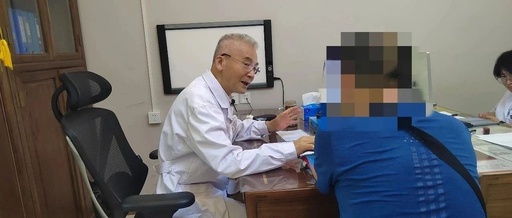
Click the blue text

Follow us
Last month, a patient with gastric polyps came to me for a follow-up. He had basically completed his treatment and was just waiting for a gastroscopy check-up early next year. Based on his current condition, I believe he will have a good result.
This patient had been diagnosed with gastric polyps a long time ago, but since they were small, he left them untreated. However, he had been experiencing gastrointestinal discomfort for years and could no longer endure it, which is why he sought my help.
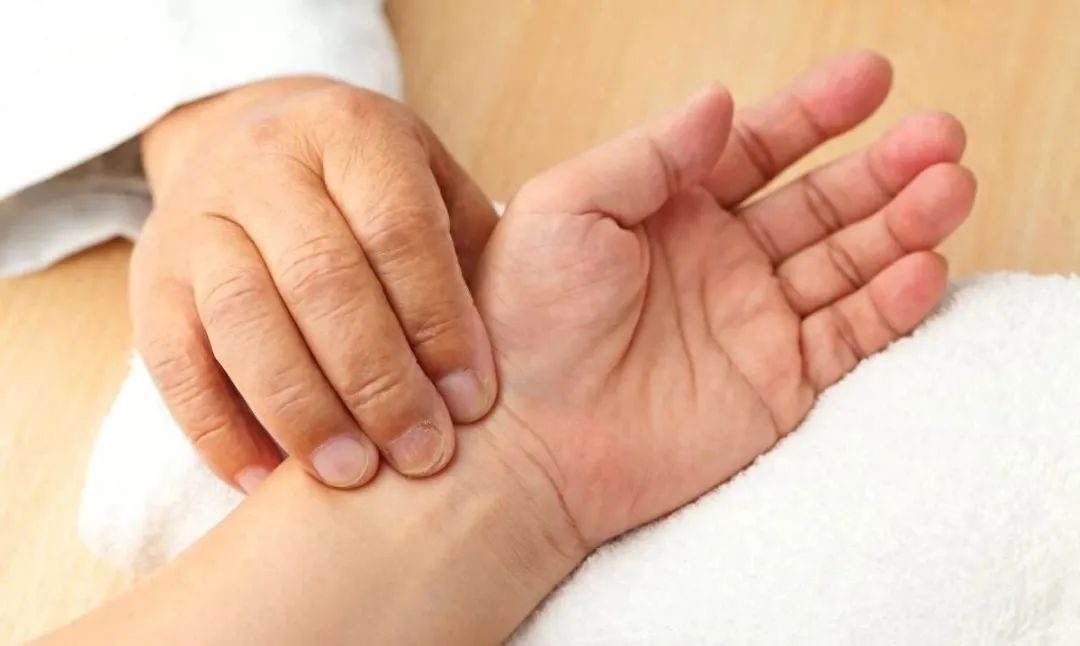
His symptoms might seem strange to most people: sometimes he felt a burning sensation, sometimes he felt cold, and he also experienced severe gastric distension, frequent belching, acid reflux, and nausea whenever he ate a little more.
From a TCM perspective, this is a typical case of mixed cold and heat syndrome.
The spleen and stomach are located in the middle jiao and are the hub of the body’s qi mechanism. Under normal circumstances, they should have a balanced rise and fall, maintaining yin-yang harmony. However, when cold and heat evils mix in the stomach and intestines, this balanced state is disrupted.
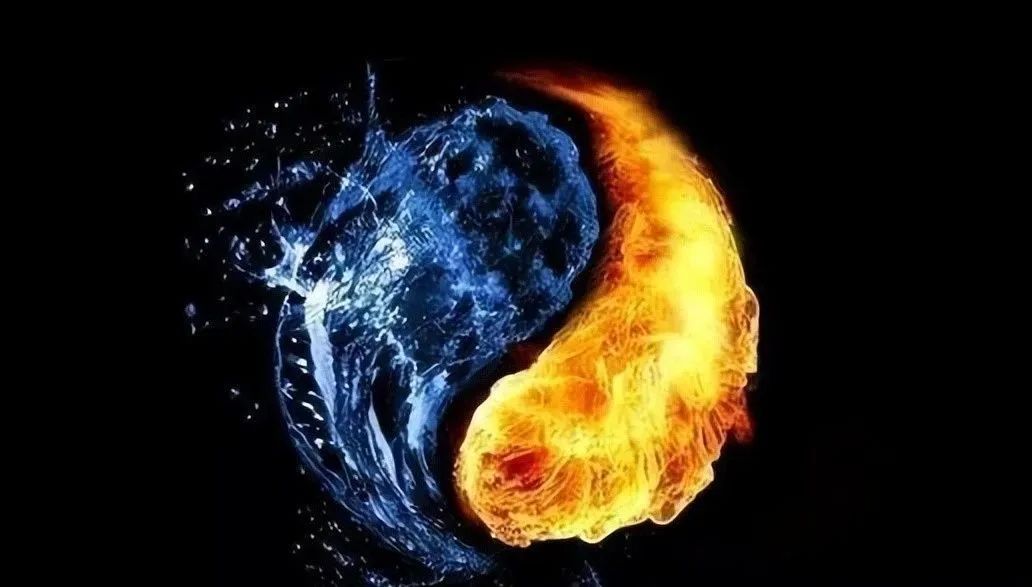
Cold evil can cause stagnation of stomach qi, leading to poor downward movement; heat evil can force stomach qi to rise, resulting in symptoms such as gastric distension, nausea, and vomiting. Most of the patient’s gastrointestinal discomfort stems from this.
The gastric polyps in this patient were also formed in this way. The mixed cold and heat disrupted the yin-yang balance of the spleen and stomach, damaging the spleen yang’s ability to warm and transport water and dampness, leading to the accumulation of phlegm-dampness in the body; insufficient stomach yin can easily generate internal heat, which cooks the accumulated phlegm-dampness into masses, forming gastric polyps.
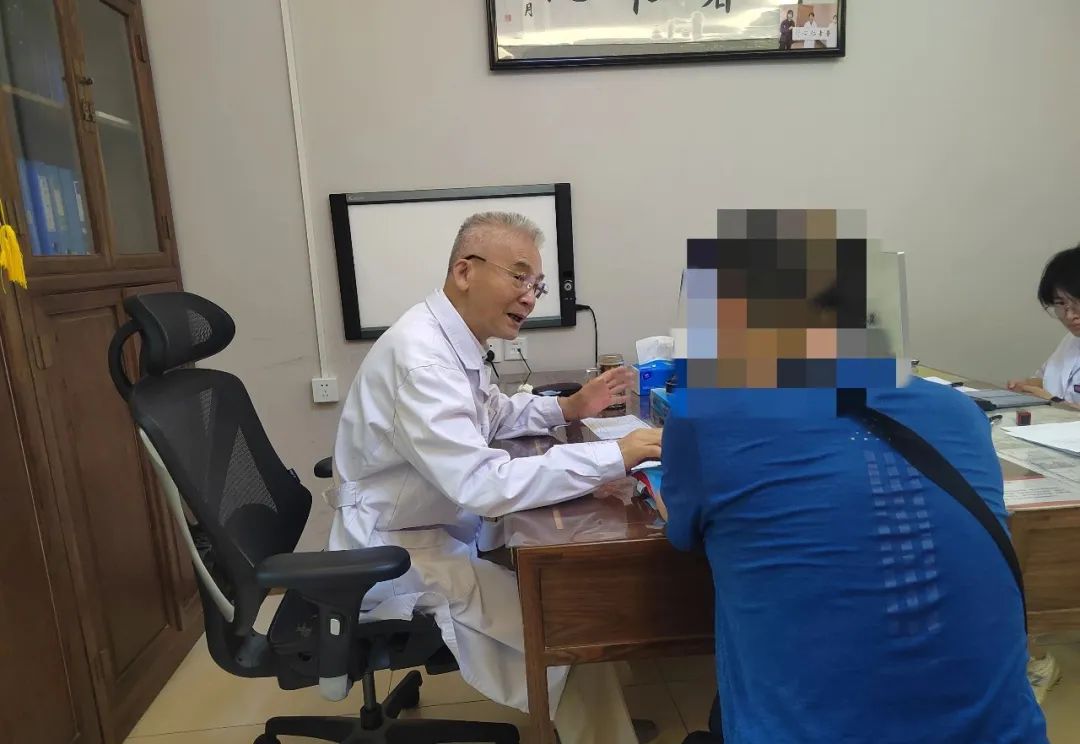
To address this condition, I used the classical formula “Ban Xia Xie Xin Tang” (Pinellia Decoction to Drain the Heart) as a base. The characteristics of this formula are the simultaneous use of cold and heat, the combination of bitter and pungent, and the application of both tonifying and draining.
The formula contains both warming pungent herbs and cooling bitter herbs. For example, Ban Xia (Pinellia) and Gan Jiang (Dried Ginger) are warming and pungent, which can disperse the cold; Huang Lian (Coptis) and Huang Qin (Scutellaria) are bitter and cold, which can drain the heat. Additionally, Ren Shen (Ginseng), Gan Cao (Licorice), and Da Zao (Jujube) are qi-tonifying herbs that can replenish the deficiency. Together, they harmonize the stomach and restore the rise and fall of qi.
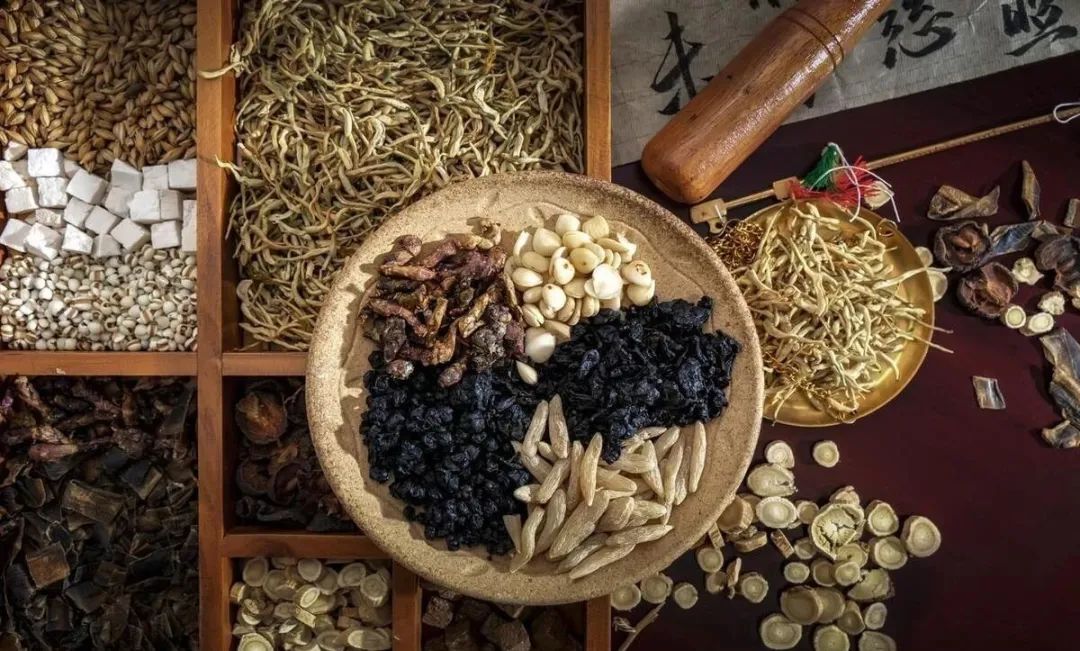
Moreover, the main herb Ban Xia has the effect of resolving phlegm and dissipating masses, which can help dissolve the phlegm-dampness that constitutes the polyps. If we add some insect herbs to assist, it can accelerate the process of dissipating the masses, potentially leading to a natural reduction or even disappearance of the polyps.
The patient followed this regimen for three months. During his last visit to the clinic last month, the burning sensation and cold pain in his stomach had disappeared, and he no longer felt nauseous; the gastric distension was also greatly relieved.
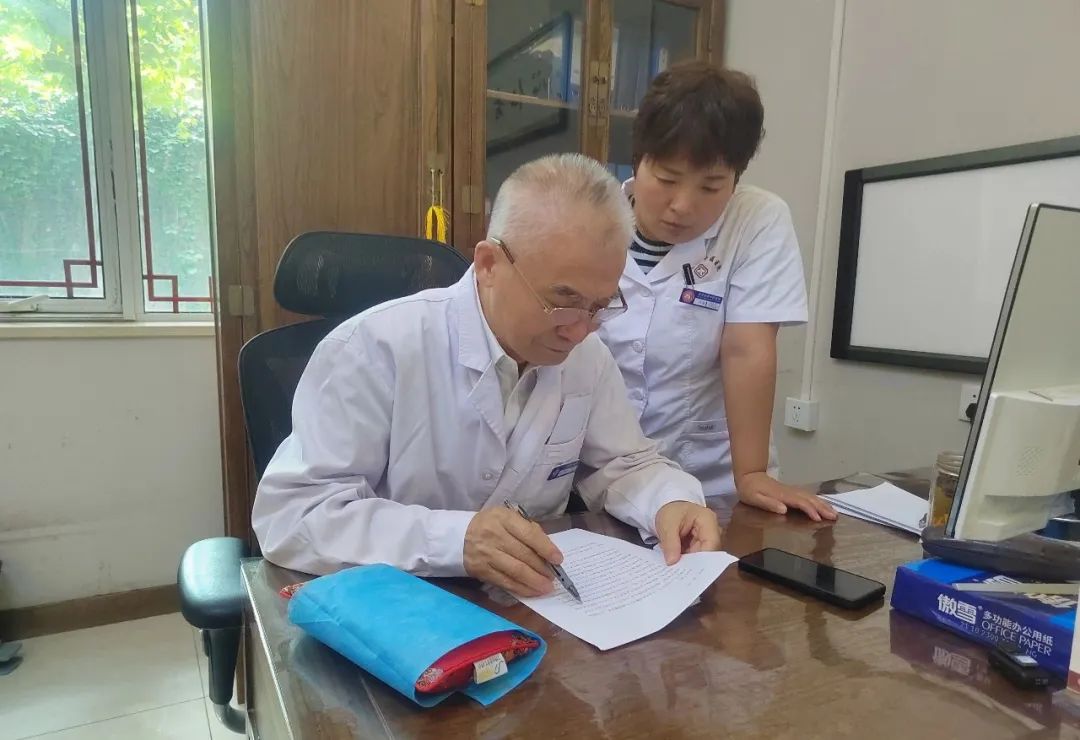
This situation indicates that the function of the middle jiao has been restored. The pathogenic environment for the polyps has disappeared, and with the action of the insect herbs, they should have dissipated. Of course, the specific result will be confirmed by next year’s gastroscopy.


Long press to identify the QR code
Add Professor Feng on WeChat
To help you solve problems with nodules and polyps

